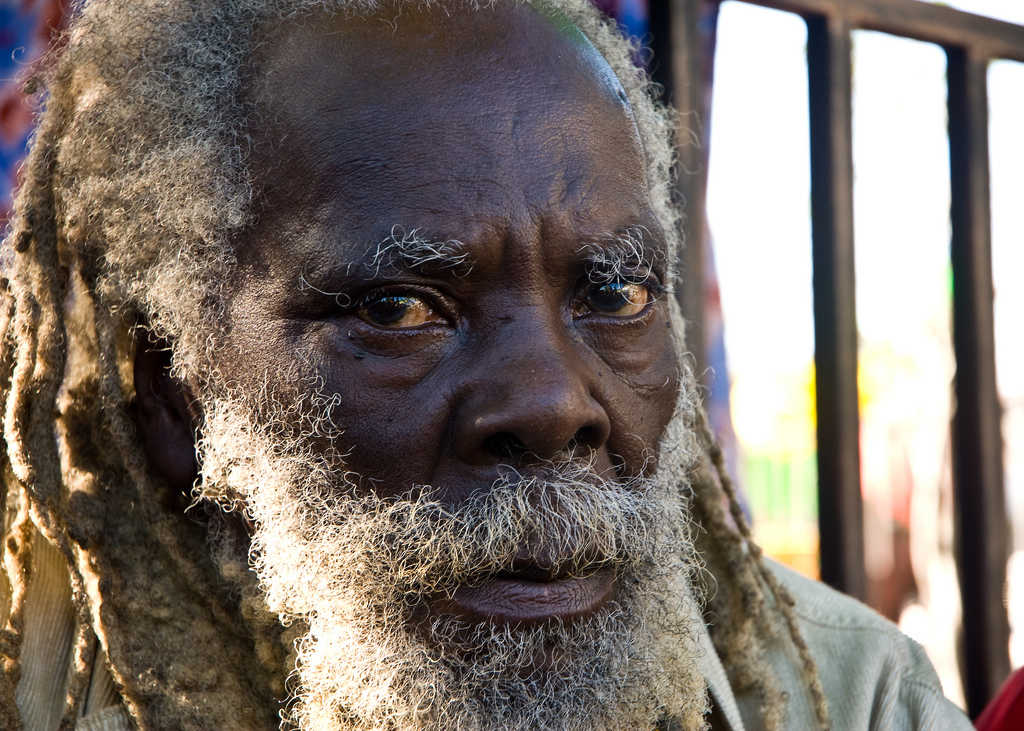“Ageing population influences development”
December 9 Longer lifespan is a hallmark of development, but as Renice Bostic, 24, a Commonwealth Correspondent from Christ Church in Barbados writes, governments and communities must be prepared to provide for an increased number of senior citizens.
Longer lifespan is a hallmark of development, but as Renice Bostic, 24, a Commonwealth Correspondent from Christ Church in Barbados writes, governments and communities must be prepared to provide for an increased number of senior citizens.
Ageing is a triumph of development, or so the United Nations Population Fund claims, and it is reported that Barbados, a small Caribbean island, has the second highest percentage of centenarians in the world.
The poor state of geriatric care and the lack of programmes available to keep the aged in an active state on a daily basis imply that this has not been recognised locally.
With a population of approximately 290,000, 15 per cent of whom are persons 65 and over, a concerted effort must be made to improve the care given to those who have built the nation. It seems as though every week I read news from Barbados that the Governor General, Sir Elliot Belgrave, is celebrating another Barbadian who has reached 100 years. Only recently, James Sissnett, the island’s oldest man, and second oldest in the world, passed away. Most of these centenarians attribute their longevity to a wholesome diet, physical exercise and strong spiritual faith.
Gone are the days when a grandmother retires at 60 or 65 and is house-bound because she is considered too old to go out. In Barbados’ context, 65 is still quite young, and those who have reached that stage of life often still have a lot to offer. Sometimes however, they are forced to stay at home and let the days pass them by.
Globally, the challenge of increased numbers of dementia patients is worrying. In Barbados, it is equally so. Perhaps one way to prevent or delay the onset of this disease is to ensure that the aged continue to have mental stimulation. Sometimes they just need someone to talk to, or somewhere to go. A night of bingo or dominoes, a weekly tour, luncheons and picnics are just a few community-based activities which can be implemented.
You see, the key word in all of this is “community”. Barbados has lost the village mentality that was part and parcel of a life where everyone looked out for each other. Too many elderly people live alone, cooped up all day and night, and no one keeps tabs to ensure they are doing well. Assisted living, where they can still have their independence but also have companionship and medical assistance if necessary, is a widely used model internationally which can be considered. This will also help to alleviate the strain on the public geriatric services, where the geriatric hospitals are overcrowded and understaffed. While a white paper has been presented in Parliament, and activities like the aforementioned occur on a small scale, a lot more is urgently needed.
Beyond the moral duty to care care for the elderly, policymakers must recognise the implications of an ageing population. On one hand it is evidence of improvement in healthcare, nutrition, education and economic well-being. On the other, the decline in fertility rates means that the labour force needed to support children (under 15) and the elderly (65 and over) is declining. In developing countries, the proportion of children and young people under 15 years will drop from nearly 42 per cent in 2005 to 29 per cent in 2050. This shift is likely to have significant consequences on the demand for various social services such as healthcare, housing and long-term care, which will require policy reform. Just as emphasis is placed on child care, emphasis needs to be placed on elderly care.
From discounted shopping days for the elderly that encourage them to leave home, to various exercise programmes, outings and games evenings, community leaders can help improve the lives of the aged. Perhaps it will even add a few years to their lives. Indeed ageing can be seen as a triumph of development, but if we think of development as a continuous process and not a destination we can always do more.
Those who have reached an age of 65 or more are showing that Barbados has reached a certain level of development. Are they to sit and wait for their time to end, or should government and the private sector, families and communities, put programmes and policies in place to continue to develop the country’s social services and prolong the lives of the cherished citizens? An affirmative answer seems to be the only logical choice.
Reach me on Twitter @ruhniece
photo credit: Rastaman Vibration via photopin (license)
…………………………………………………………………………………………………………………
About me: In 2005, I began working with humanitarian organizations and soon developed a passion for voluntary work. Several years and NGOs later, I am pursuing a career in international development, which lead me to pursue an LLM in International Law and Sustainable Development.
Prior to this, I worked as a journalist at The Barbados Advocate, with a B.A in Communication Studies and International Relations. When I’m not conducting research, I am performing (dance), writing, and travelling.
…………………………………………………………………………………………………………………
Opinions expressed in this article are those of the author and do not necessarily represent the views of the Commonwealth Youth Programme. Articles are published in a spirit of dialogue, respect and understanding. If you disagree, why not submit a response?
To learn more about becoming a Commonwealth Correspondent please visit: http://www.yourcommonwealth.org/submit-articles/commonwealthcorrespondents/
…………………………………………………………………………




